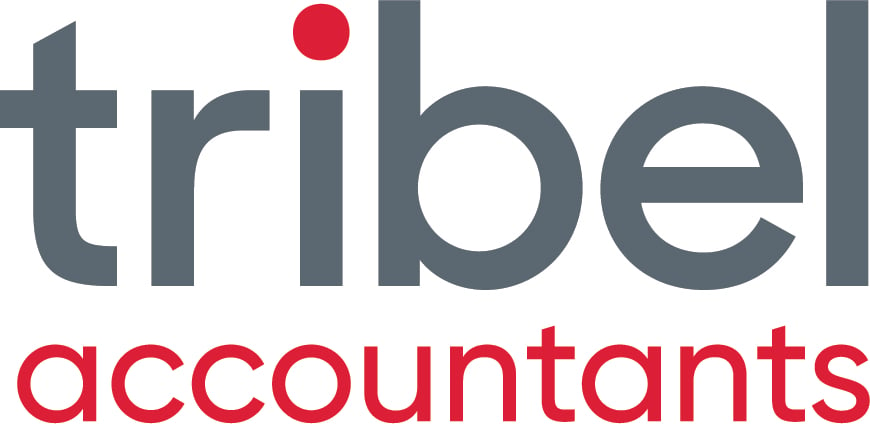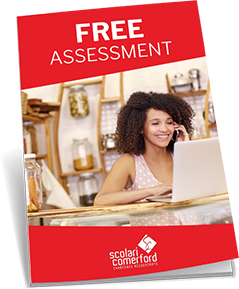INTRODUCTION:
It is true that in order to get a business valuation right, there are a number of things to consider and not just using some sort of 'rule of thumb' multiple.

Figure 1: Do you know what to look out for when looking at a business valuation?
Business valuers like everyone else have a checklist and here are some of the main things you need to look out for when deciding what a business might be worth.
1. Understand The Business's Industry
Before you sit down to value a business, you need to have a good understanding of what environment it is operating in. What challenges is it facing? Is it in growth mode or is it declining? Doing research at the beginning goes a long way to getting an accurate valuation.
Using companies such as IbisWorld might seem expensive but if you have a proactive small business accountant subscribes you might be able to get access to these for free. They will arm you with good knowledge before you start.
2. Examine Financial Performance
Get hold of the last 3 years of financial statements from the owner's small business accountants Sydney and Dubbo and the latest management accounts for the current financial year. Also have a look at any three way budgets if available. Are there any formal financial performance reports on a monthly basis? A business that has a track record of monitoring how it is going and notes to any action plans to improve, will usually indicate that it is running a tight ship.
How are all the key performance indicators looking such as cash flow, profitability, budget versus actual and margins?

Figure 2: Does the business present well and does it have enoough information to let you make an informed decision? Photo courtesy Lara Scolari Balmain
3. Choose The Right Method
Having analysed information thus far, you need to understand which method should be used when valuing a business as it depends on the circumstances.
It could be:
- Future Maintainable Earnings (based on a multiple);
- Discounted Cash Flow Method;
- Tangible Net Assets;
- Industry Method;
- Cost To Create;
4. Adjust Profits For Normalisation
Regardless of which method you decide, it's always a good idea to see how the business is truly performing in terms of return. When trying to assess the future earnings adjust for things like:
- related party transactions;
- commercial salaries for owners or family members;
- unusual levels of income or expenses which probably won't occur into the future (e.g. contracts).

Figure 2: Knowing what to look for when looking at business valuations can reveal hidden gold.
5. Perform Risk Profile
Risk versus return is always a factor when deciding how much a business valuation should be marked up or down. Business valuers Sydney will usually look at:
- owner reliance;
- key employee reliance (especially high performing sales people);
- customer reliance (what if one or two of the big ones leave or are bought out or shut down?);
- regulatory environment (government laws changing - look at hotel industry or even greyhounds for example of how things can change).
6. Substantiate Valuation (including Multiple Of Earnings)
There is always an element of judgement when any business valuations are performed but backing up this with evidence is always recommended. A small business accountant Sydney might say just use 'three times' when valuing a business but this is a very risky way of doing things.
Look at industry information such as public companies, other sales of similar size in similar industries, salary guides (when adjusting for reasonable salaries for owners etc) when making a decision about what value driver you have used so you can back it up when challenged.
CONCLUSION:
You may not be a business valuer but using the above tips will give you a much better chance of estimating the correct value of business whether you are buying or selling.
Ignore these tips and you you may find yourself playing with fire!


.png?width=100&height=100&name=COVID_Safe_Badge_Digital%20(002).png)




